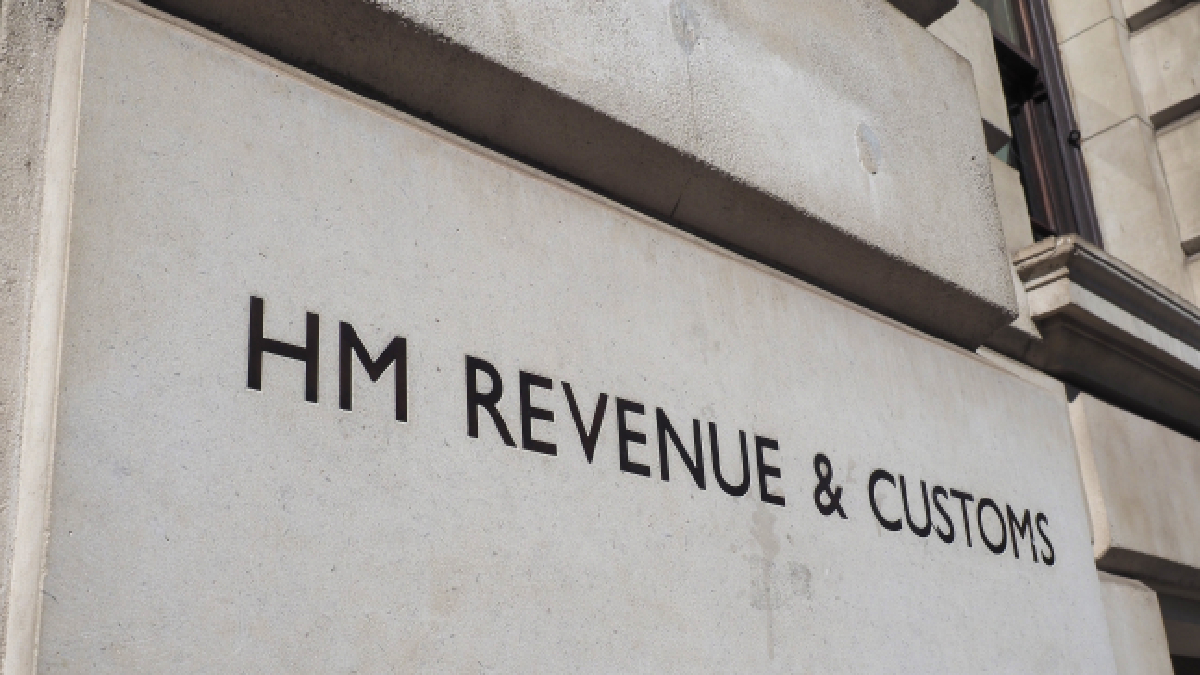HMRC’s attempt to fine Millennium Cash & Carry for buying stock from convenience stores is an example of over-zealous enforcement of the Alcohol Wholesale Registration Scheme (AWRS), according to experts.
Companies can only routinely buy alcohol from wholesalers that are AWRS-certified. Court records uncovered by Better Retailing show the Essex-based cash and carry and national wholesaler with £100m turnover is in a major dispute with the tax body.
Millennium had purchased 140 cases of Bombay Sapphire Gin from a non-AWRS-registered Nisa store to sell on to other convenience retailers, for which it was issued a £4,200 penalty.
In an appeal last August, Millennium chief executive Rishi Lakhan admitted the wholesaler “sometimes” buys stock from convenience stores, as it can be cheaper than buying from suppliers.
However, the company successfully argued these sales were “incidental” so did not require that the shops be AWRS-registered. The fine and ruling were subsequently quashed.
HMRC extends self-assessment deadline
The case is the latest step in a long-running dispute between the wholesaler and HMRC. HMRC officers raided Millennium’s warehouse in 2018, handcuffing Lakhan and others, and seizing goods and documents.
The action related to HMRC’s Operation Bowshot – an investigation into claims by HMRC that Millennium and others are involved in a £440m organised crime operation in illicit alcohol. Millennium strongly denies the claims and described HMRC’s raid as “unlawful”.
Better Retailing understands the wholesaler and its senior team have never been found guilty of any offence, and in receiving AWRS registration, HMRC accepted in 2017 the wholesaler was “fit and proper” to be trading in alcohol.
Tristan Thornton is a specialist AWRS advisor to wholesalers, including Millennium. While praising the policy for having “an immediate impact on fraud”, he said “unfair” enforcement was pushing trade away from small wholesalers and raising alcohol prices for stores.
He said HMRC investigates AWRS issues “down the chain” so a wholesaler’s customers are also put under the spotlight. “If HMRC decides it is going to look into a wholesaler, it decides to look into a large number of that wholesaler’s customers. It will go to that shopkeeper and say, ‘Give us all of your invoices from [that wholesaler] for the past year.’” Thornton said “large numbers” of customers are investigated in “frequent verification exercises” made against small wholesalers.
Independents to gain access to Safeway own-label range
“That’s quite a lot of work for the shopkeeper, especially as they don’t always have the most accurate records. So, they think, ‘I’m now worried because it’s quite intimidating, but HMRC is only asking about this one wholesaler. They’re not asking about my purchases from major wholesalers, so I can stop this if I just shop at Booker.’”
Due to high supplier minimum-order sizes or higher prices, small cash and carries may buy from other wholesalers to achieve the best prices and ranges for customers.
However, Thornton said HMRC is hostile to wholesaler buying that isn’t directly from suppliers, meaning legitimate wholesalers receive more “pressure” from HMRC.
“If we are seeing this pressure on larger wholesalers like Millennium, imagine the impact on smaller ones,” he said. “It’s a drive towards the
national wholesalers.”
Another expert claimed HMRC was “gunning for Millennium”, and expected the wholesaler to have spent more than £20,000 defending the £4,200 penalty.
Number of people buying illegal tobacco in convenience stores on the rise
Malcolm McFarlin, of M&R Tax Advisers, said: “There would have been a threat of the revocation of the company’s AWRS approval if it had not contested the HMRC decision or lost the appeal, which demonstrates the draconian powers of HMRC.”
McFarlin highlighted that the Spring Budget last month included measures allowing wholesalers penalised by HMRC for AWRS breaches to continue trading pending their appeal. He said the appeals process can take half a year, forcing legitimate wholesalers left unable to trade to exit the market.
In a separate AWRS tribunal in November 2020, HMRC revealed that more than 1,200 wholesalers had been refused the right to sell alcohol since 2017.
Speaking to Better Retailing on condition of anonymity when the policy was first introduced in 2017, another adviser agreed small wholesalers were being treated unfairly by the AWRS regime. “So many have had their registration denied for failing the fit and proper person test, but Tesco was allowed through despite fraud trials over £360m missing from its accounts,” they said. “No small wholesaler would be shown the same leniency.”
Liban Ahmed is a former HMRC senior investigations officer who worked in alcohol duty fraud. He is now a director at CTM Tax Litigation helping wholesalers navigate the AWRS process.
Brexit cans illicit soft drinks and alcohol market
He accepted HMRC’s approach to AWRS is “frustrating” in its discrimination against smaller wholesalers, but said he could “sympathise” with the approach taken.
He said: “Tristan is right that HMRC starts from the basis that as a small wholesaler, you are not going to get AWRS approval.
“You have to fight to get it. HMRC is under-resourced and has 45 days
to decide whether [to grant approval], so it’s often easier for them to just refuse it.”
Even those who designed the AWRS scheme said it had gone too far. Former HMRC senior staff member Alan Powell was invited by HMRC to propose the AWRS system on behalf of the Federation of Wholesale Distributors.
Commenting on the Millennium case and others, he told Better Retailing: “I designed AWRS, but I wish I hadn’t. Enforced appropriately, it’s a good idea, but I’m appalled by how it’s being used. It’s full of tripwires that catch out well-intentioned people. A lot of the people HMRC are catching are innocent people making accidental errors.”
HMRC refused to comment when approached by Better Retailing.
Read more Legislation & Competition news



Comments
This article doesn't have any comments yet, be the first!